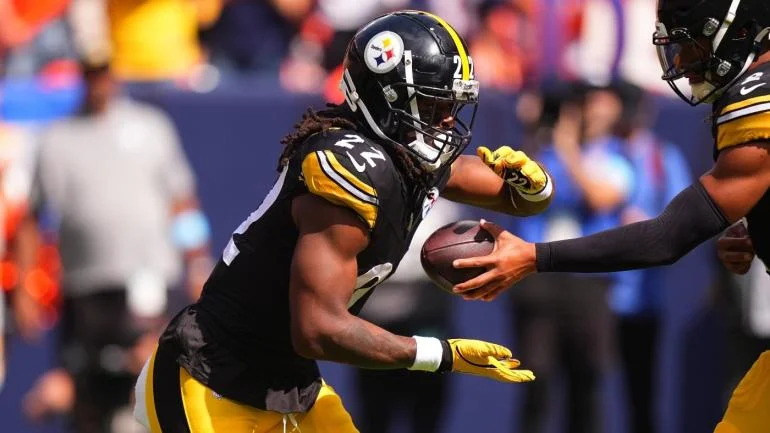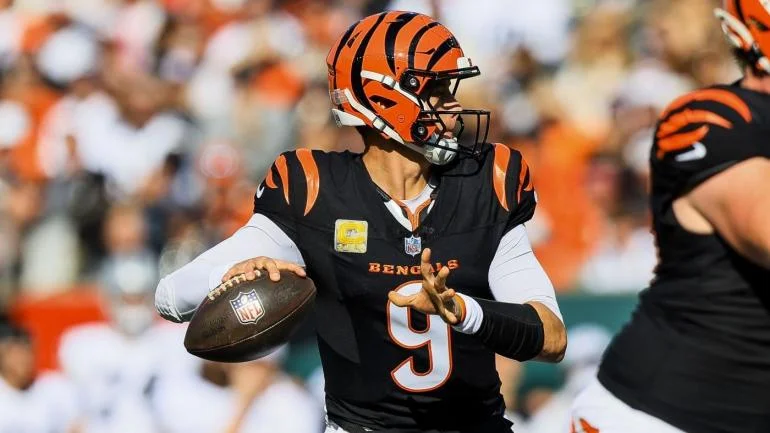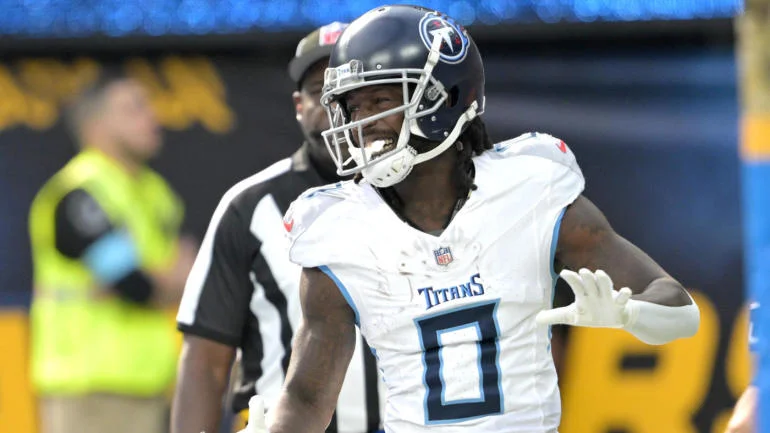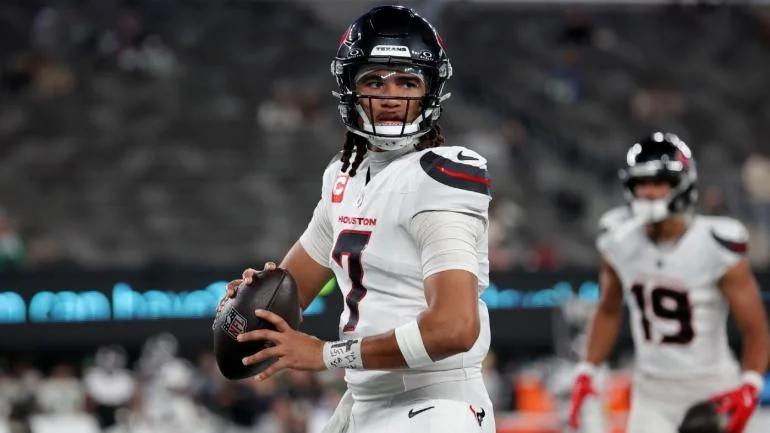Chicago Bears wide receiver Alshon Jeffery (17) reacts against the Washington Redskins during the first half of an NFL football game, Saturday, Dec. 24, 2016, in Chicago. (AP Photo/Nam Y. Huh) ORG XMIT: ILPS10 Alshon Jeffery turned down more money to sign a one-year deal with the Eagles.
Alshon Jeffery has agreed to terms with the Philadelphia Eagles to bring his free agent talents to the receiver-needy team. Apparently, he’s agreed to a very strange one-year deal valued at $14M.
The question, though, is why? Why only one year?
It has to be one of two things: either he wanted a one-year term or the Eagles did.
For the latter, why would a team so desperately in need of competent receiver talent only want to bring in a player of Alshon’s established ability for one year? They wouldn’t.
Jeffery is young. At 26 he is entering what’s typically the peak years for an NFL receiver. Sure he’s had some injury issues and there was even the suspension he received last year for violating the league’s PED policy, but he’s extremely talented and most teams would probably see those issues as more of a negotiating point than an outright deterrent.
No, most likely it was Jeffery who requested the extremely short term with the Eagles.
As mentioned, the problems he’s had would lower his annual average value on any deal. In other words, with those issue’s hanging over his head right now, no team was going to give him four years at $10M per.
As is, Jeffery is set to be the fourth highest paid receiver in the NFL for 2017. He’ll make more on a one-year deal for the Eagles in 2017 than proven guys like Julio Jones, A.J. Green, and Antonio Brown. Only Dez Bryant, Larry Fitzgerald, and Tavon Austin will earn more next season than Jeffery.
Alshon Jeffery turned down a multi-year deal with more security from Vikings, but he is betting himself long term with the Eagles and Wentz
— Ian Rapoport (@RapSheet) March 9, 2017
Reportedly, Jeffery was offered a deal with more security on a longer term from the Vikings but turned it down. More security means it was for more overall money but it would have been for less actual money per year.
Further, the Vikings primary strength is in their defense and the problems they have on offense probably factored into Alshon’s thinking. They had one of the worst offensive lines in football last year and an offensive line plays heavily into a receiver’s success. If they can’t protect the quarterback how is he going to make a meaningful pass for the receiver to showcase his receiving ability? He can’t.
The Eagles, however, had one of the worst receiving groups in the game last year but they did have an exceptionally strong offensive line. They also had a rookie quarterback who had at least some flashes of being an NFL caliber QB. Most likely they tried to get Jeffery for a longer term but were unable to convince him that there was a future in Philadelphia. For their part why wouldn’t they want Jeffrey through his prime years?
2018’s free agent wide receiver class most likely played into Jeffery’s decision as well. Should he have even a decent year this year he would easily be in the top three of available wide receivers next year, along with Julian Edelman and DeAndre Hopkins. For what it’s worth, the Eagles second best receiver (now that Jeffery has signed), Jordan Matthews, is also set to be a free agent after this season.
For the Eagles, at least they get one year of a decent-to-great receiver and that talent is obviously out to prove he can be even better. So why they may not be the long-term winners of this deal they’ve at least bought themselves another year to build a solid receiver corp, despite being set to lose both of their top two receivers after this season.
So because Jeffery couldn’t find the long-term, big money deal that had the annual average value he was looking for, he took the biggest money he could find on the shortest term he could get. Most likely his plan is to prove to teams that he’s worth that 4 year/$40M money. Whether or not that team is the Eagles remains to be seen.




